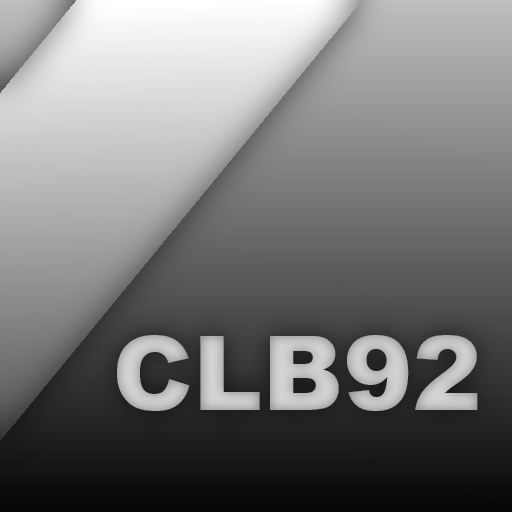

Maybe, but I’m using Gluetun’s API too (which is very badly documented), and it seems to me some of the endpoints only work for OpenVPN. But I’ll have to look into it properly.
I am:
@clb92@feddit.dk (MAIN LEMMY PROFILE)
@clb92@mastodon.social (Main Mastodon profile)
@clb92@kbin.social
@clb92@lemmy.world
@clb92@lemmy.ml
And /u/clb92 on Reddit (and many other places)


Maybe, but I’m using Gluetun’s API too (which is very badly documented), and it seems to me some of the endpoints only work for OpenVPN. But I’ll have to look into it properly.


Well that’s annoying. When using it with Gluetun, I’m not sure I can even use Wireguard there.
Yeah, but organized into as many threads as there are issues/PRs, so it’s exactly as daunting as the same list as viewed on GitHub/project/issues (because it is exactly the same content).
Surely, dedicated tools for managing/tracking issues give you better tools for triaging, filtering, planning and such, compared to a mail client…
Awesome and detailed explanation, thanks. I figured they’d be juggling a lot of mails, and I guess it is possible for some people to stay on top of that and keep it all organized with a good mail client, but still… I would get lost so quickly.
Thanks again!


You don’t have to fully restart caddy. You can tell it to reload the caddyfile.
I’m probably gonna sound like a noob now, but how does one even properly handle issue tracking, working like that?
What did they use before? GitLab? A hosted solution like GitHub or Codeberg?
Works great for me, thanks.
Added a button on my Stream Deck too, which disables blocking on my two Technitium instances for 5 minutes.
I have it integrated into HomeAssistant so I have a “Disable DNS Blocking” button
I need that. I already have a bunch of physical buttons on my desk, which do things via Home Assistant, so that’d be an obvious one for me to add next.


Does that get you a list of only the manually installed packages, or also include things that were automatically installed as part of something else?
Nope, never heard of that podcast, sorry.


I already don’t restart Firefox very often, maybe once a week, if I’m feeling like it.
I’m not the person you asked, but I self-host AudioBookShelf (it’s a podcast manager too), and listen to all my podcasts through its app, connected to my instance. Its app isn’t as sleek or fast as Antennapod or some or the other ones, but it works fine.
That way I also automatically have all my podcasts backed up on my server too, if the creator of a podcast I listen to suddenly decides to delete everything and disappear.
I read the headline as “[Google Keep]'s making smartphones worse”, and wondered how a single note app could make them worse.
I’m planning to have a NAS at my parents’ place too, and I will probably just set it up with Tailscale.


I use Deluge, where it’s a bit more difficult, because it doesn’t have such filtering built in. I had to use the Execute plugin, and have it execute a script that checks the download filter upon completion, and deletes the download if it contains one or more dangerous filetypes.
Is there any way to have Radarr/Sonarr automatically remove it from the queue if there are no importable files, instead of waiting for manual intervention?


Funny how one of our ministries saying they were doing a small test run of replacing Office 365 turned into a thousand terrible blog posts with misleading titles like “Denmark is ditching Microsoft!”
In Danish we have a saying from H. C. Anderson “En fjer kan blive til fem høns” (literally “One feather can become 5 chickens”) about how a retelling of a retelling of a retelling of something skews it so much, because of mistakes or hyperbole, that it becomes unrecognizable. Like Chinese whispers or a game of Telephone.


What you posted there is a dokker image.
I do value my adblockers very highly, and I blocks ads in the browser, via DNS on my home network, and on my rooted phone too. Every time I access the internet on a device that isn’t mine, I’m blown away with how bad it is.